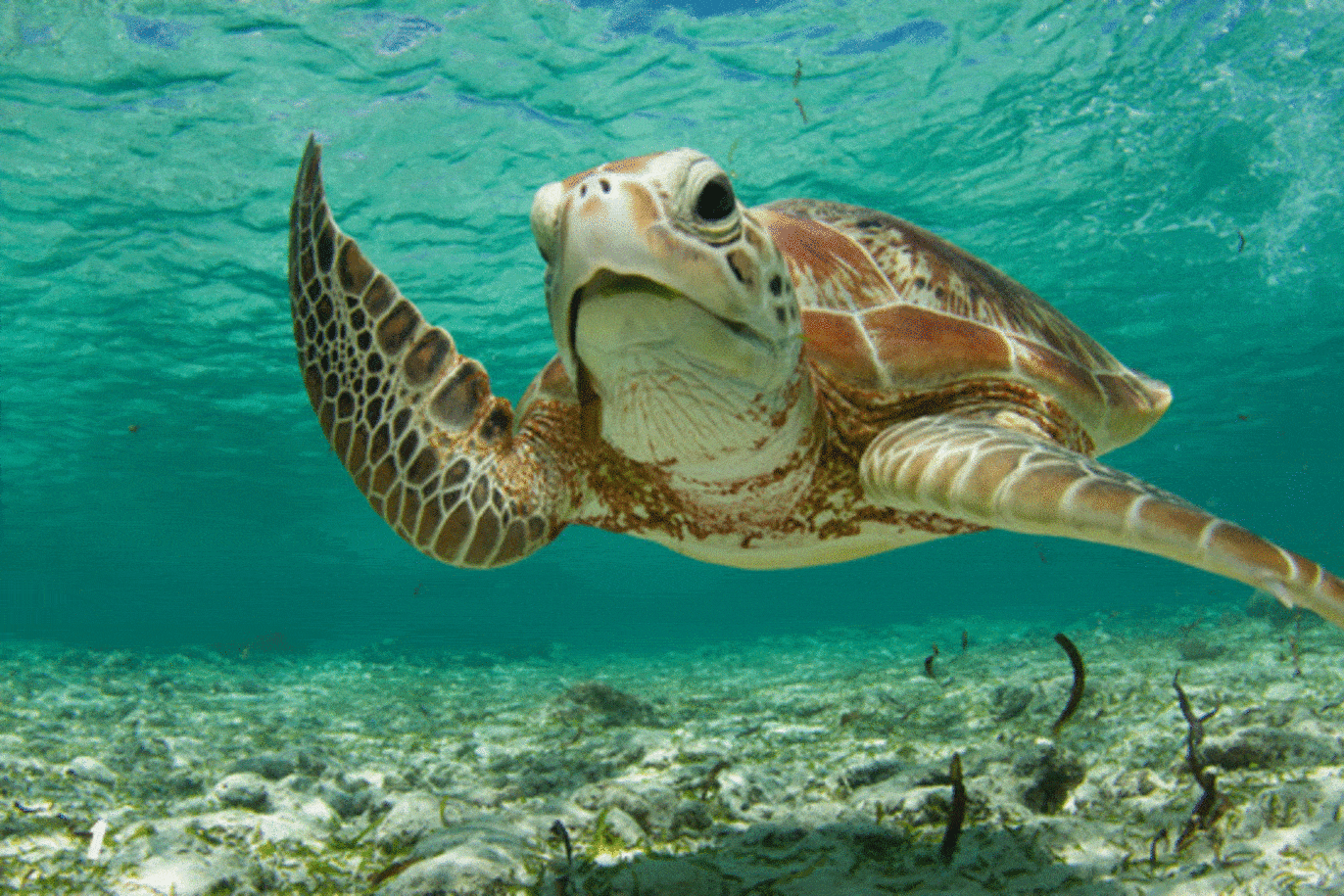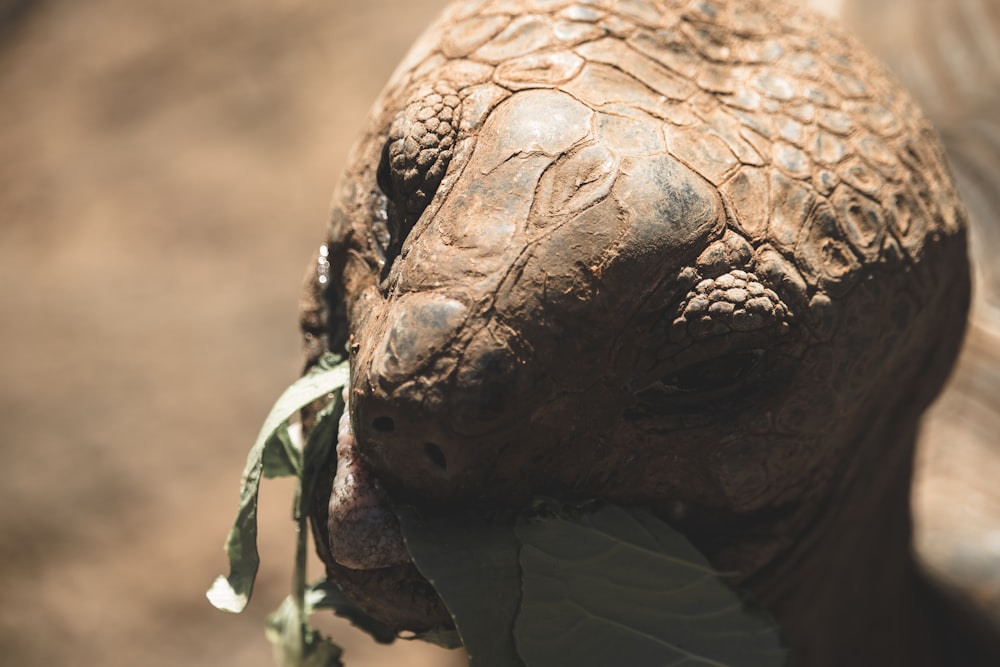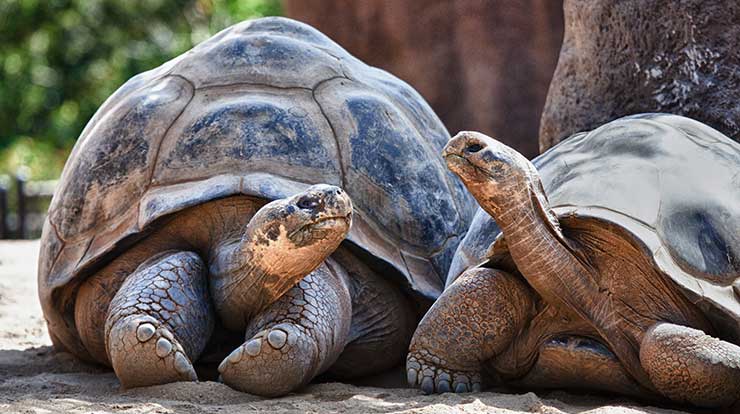Turtles-
According to Guinness World Records, Jonathan, a giant tortoise, was 187 years old in 2019- making him 80 years old when the Titanic sank.
The following written content by JoAnna Wendel

It’s all in their biology.
On the island of St. Helena in the South Atlantic, there lives a creature that Guinness World Records has dubbed the “world’s oldest animal on land.” His name is Jonathan, and he’s a giant tortoise. According to Guinness World Records, Jonathan was 187 years old in 2019. Born in 1832, during the reign of Queen Victoria, he was already 80 years old when the Titanic sank deep into the North Atlantic.
Jonathan and other giant tortoises aren’t the only turtles that live a long time, said Jordan Donini, a professor of biology and a turtle ecologist at Florida SouthWestern State College. Sea turtles can live 50 to 100 years, and box turtles can live more than a century, he told Live Science. In fact, scientists don’t know the upper limit on many turtle species’ life spans, simply because individual humans don’t live long enough themselves to find out.

So why do turtles live so long? There’s an evolutionary answer and a biological answer, said Lori Neuman-Lee, an assistant professor of physiology at Arkansas State University who studies turtles and other reptiles.
The evolutionary answer is relatively straightforward: Animals such as snakes and raccoons love to eat turtle eggs. To pass on their genes, turtles have to live a long time and breed frequently, sometimes multiple times per year — and lay a lot of eggs. “It is kind of amazing that the world is not overrun by turtles, given how many offspring they have,” Neuman-Lee told Live Science.
The biological mechanism behind turtles’ longevity is more complicated.
One clue to turtles’ longevity lies in their telomeres, structures composed of noncoding strands of DNA that cap the ends of chromosomes, Neuman-Lee said. These structures help protect the chromosomes as cells divide. Over time, telomeres get shorter or degrade, which means they can no longer protect their chromosomes as well, leading to issues with DNA replication. And errors in DNA replication can lead to issues such as tumors and cell death.
But turtles exhibit a lower rate of telomere shortening compared with shorter-lived animals, Neuman-Lee said. This means they’re more resistant to certain kinds of damage that can arise from DNA-replication errors.

Scientists haven’t confirmed all of the factors that contribute to turtles’ long lives, but they have proposed some ideas. In a paper posted July 8 to the preprint database bioRxiv that has not yet been peer-reviewed, a team of scientists explored a number of mechanisms and substances that lead to cell damage and death, and looked at how cells from several turtle species, including from a giant tortoise (like Jonathan), responded.
According to the paper, giant tortoises and a few other turtle species seem to be able to protect themselves from the long-term effects of cell damage. They do this by quickly killing off damaged cells, using a process called apoptosis, or programmed cell death, Neuman-Lee said. Read more from L.S.





